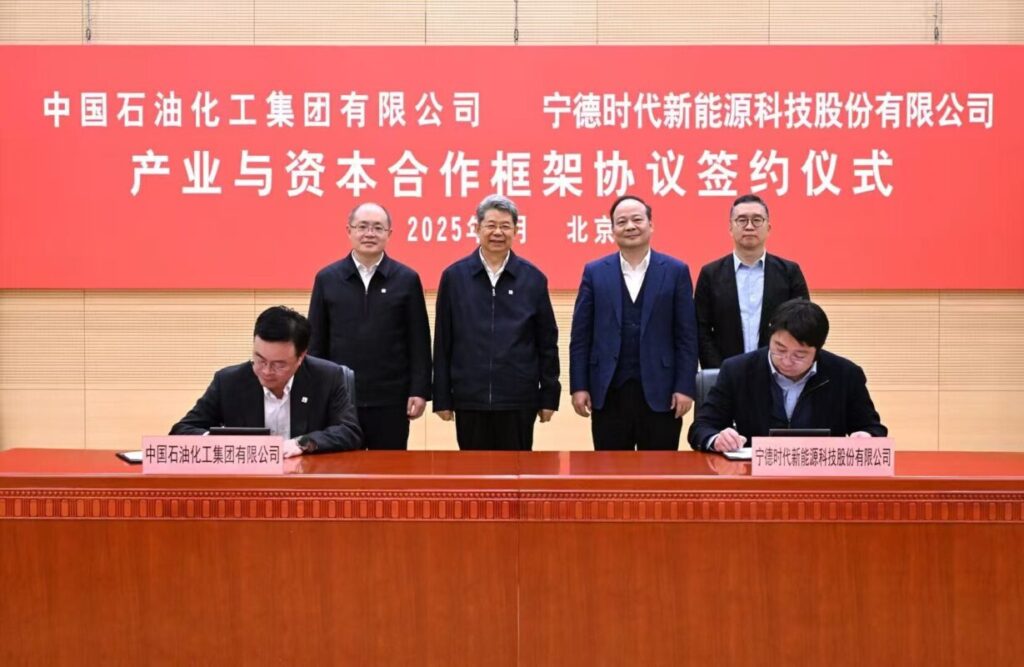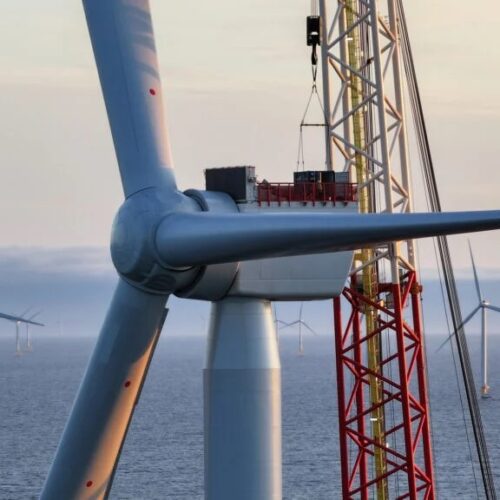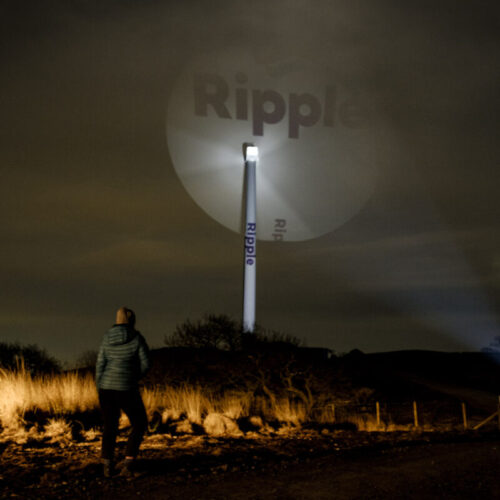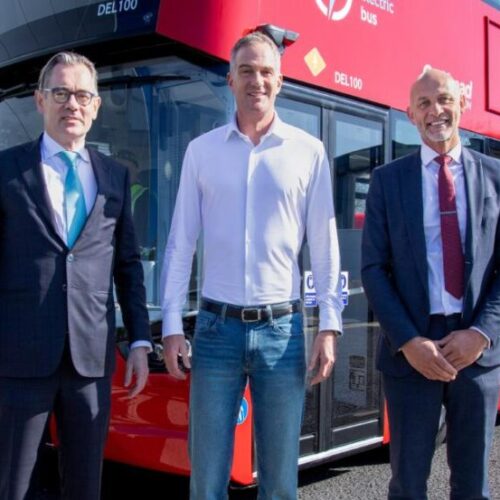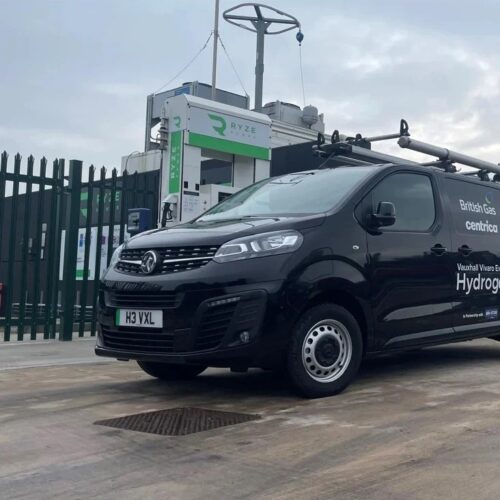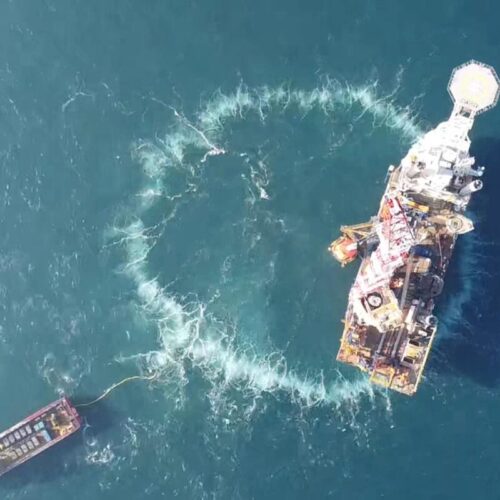CATL, a China-based lithium-ion battery manufacturer, and China Petroleum & Chemical Corporation (Sinopec) have partnered to create a battery swap network.
Sinopec, a Chinese integrated energy and chemical company, signed an industry and capital cooperation framework agreement in Beijing with CATL to build 10,000 battery swap stations in China.
These stations are intended to create a ‘swap-as-fast-as-refuelling’ option for EV drivers in China, who would exchange a depleted battery for a fully charged one, rather than recharging. As well as reducing vehicle downtime, this method promotes battery standardisation and lifecycle management, which can help lower costs through shared infrastructure and centralised energy storage.
In what the companies called a new benchmark for green infrastructure in the country, they will develop the necessary battery swapping ecosystems and standardise operations to support this. The collaboration will build smart energy microgrids featuring solar power, energy storage, vehicle charging, battery swapping and battery inspection.
The initiative aligns with China’s national strategy to promote new infrastructure and low carbon transport. This year, the new partners aim to construct at least 500 battery swap stations, building up to the long-term goal of 10,000.
Sinopec’s network of 30,000 integrated energy stations in China, 28,00 Easy Joy convenience stores and over 10,000 ultra-fast charging stations will be offered as sites for battery swapping.
The two firms have already worked together on energy stations, storage and advanced materials. Following this latest partnership, they said they will explore ‘broader synergies’ between zero carbon solutions, vehicle ecosystems and battery materials.
CATL has partnered with automakers including Changan, GAC Aion, BAIC, SAIC, Hongqi, NIO, and truck producers like Sinotruk and Foton to develop battery-swappable passenger and commercial vehicles.
While battery swapping is a less well-established method of refuelling an EV, usually seen in two- or three-wheeled vehicles, chairman and CEO of CATL, Dr Robin Zeng, said, “A robust energy replenishment network is critical to the widespread adoption of EVs”.
CATL launched a battery swapping scheme, Choco-Swap, in December last year, with over 100 partners at the time. Chinese EV company NIO, one of the companies partnered with CATL mentioned above, will use Choco-Swap battery swapping points for its newly-developed EV model, the Firefly.
NIO’s agreement with CATL sees the two jointly develop and adopt national battery swapping standards.
